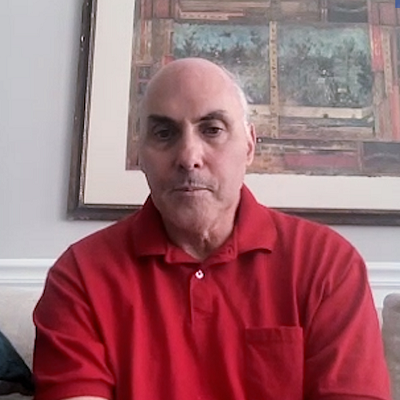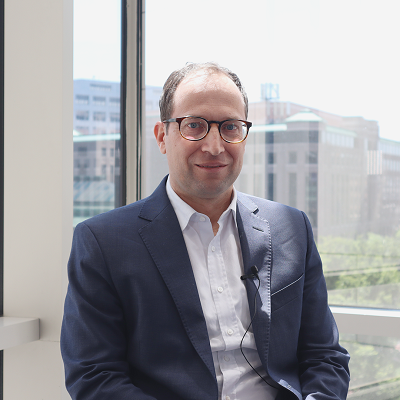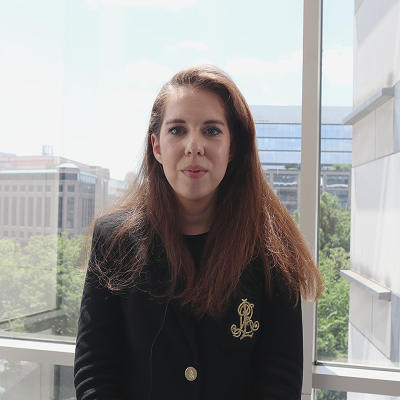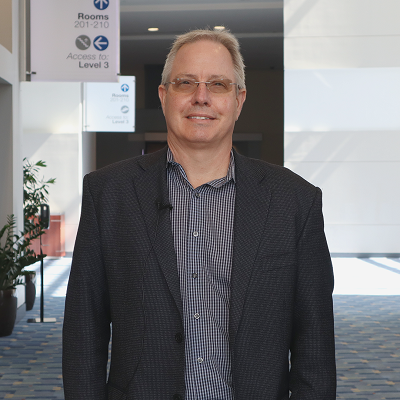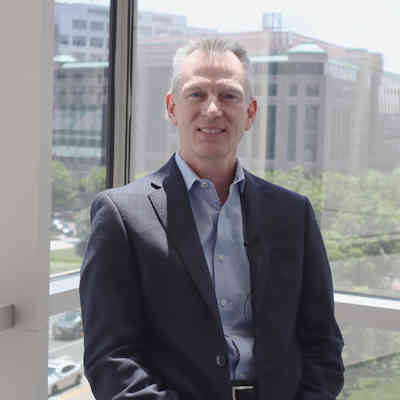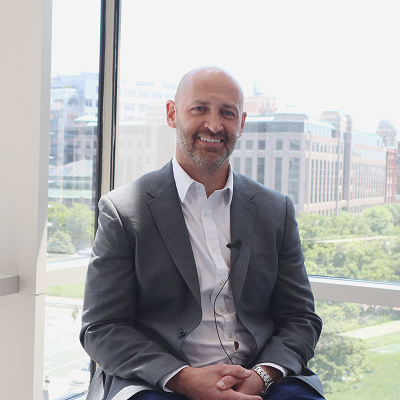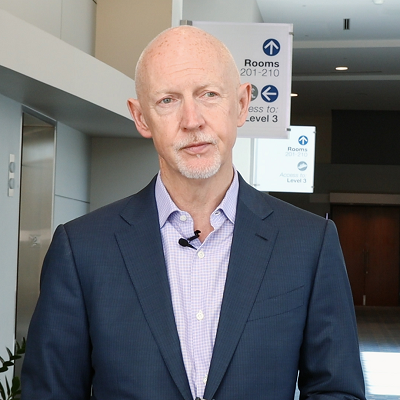CEO Nolan Townsend told ScienceBoard.net at the American Society of Gene & Cell Therapy (ASGCT) 2022 annual meeting in Washington, DC that LX2006, whose investigational new drug application was recently cleared by the U.S. Food and Drug Administration, is the first disease-modifying, clinical-stage gene therapy treatment for Friedreich's ataxia and the first clinical-stage program from the company's cardiovascular gene therapy pipeline.
FA, a rare, progressive neurogenetic condition found in approximately 1 in 50,000 people, is characterized by progressive lack of coordinated movement and loss of balance. FA patients may also experience cardiac dysfunction, scoliosis, diabetes, and vision and hearing difficulties.
"This is typically known as a neurologic disease for patients that begins in childhood," Townsend said. "This typically progresses until they reach adulthood when a form of cardiomyopathy associated with the disease emerges. And it's this cardiac disease that's actually the cause of death for up to 70% of Friedreich's ataxia patients."
At ASGCT 2022, Lexeo presented new preclinical data supporting its FA cardiomyopathy program, as well as separate presentations on the company's plakophilin-2 arrhythmogenic right ventricular cardiomyopathy and second-generation APOE4 Alzheimer's disease programs.
Watch the video below to learn more.
Copyright © 2022 scienceboard.net
Last Updated 7/20/2022 2:21:55 PM

